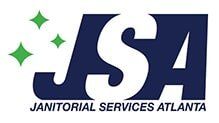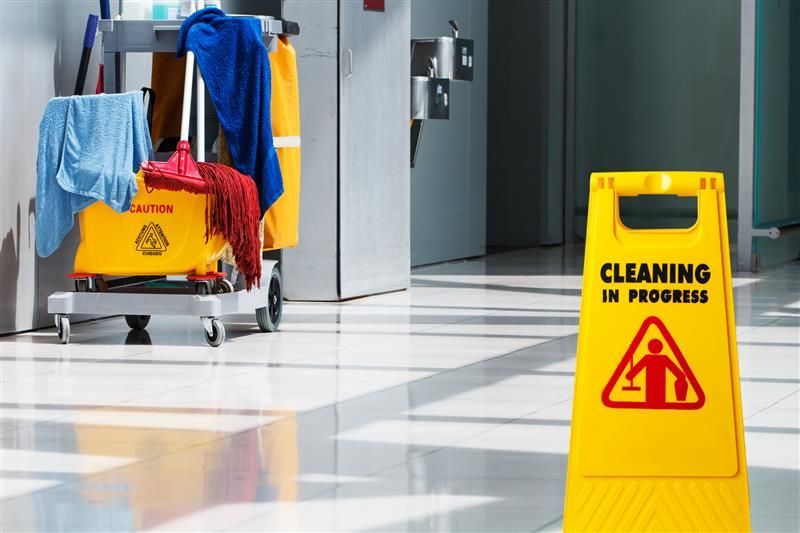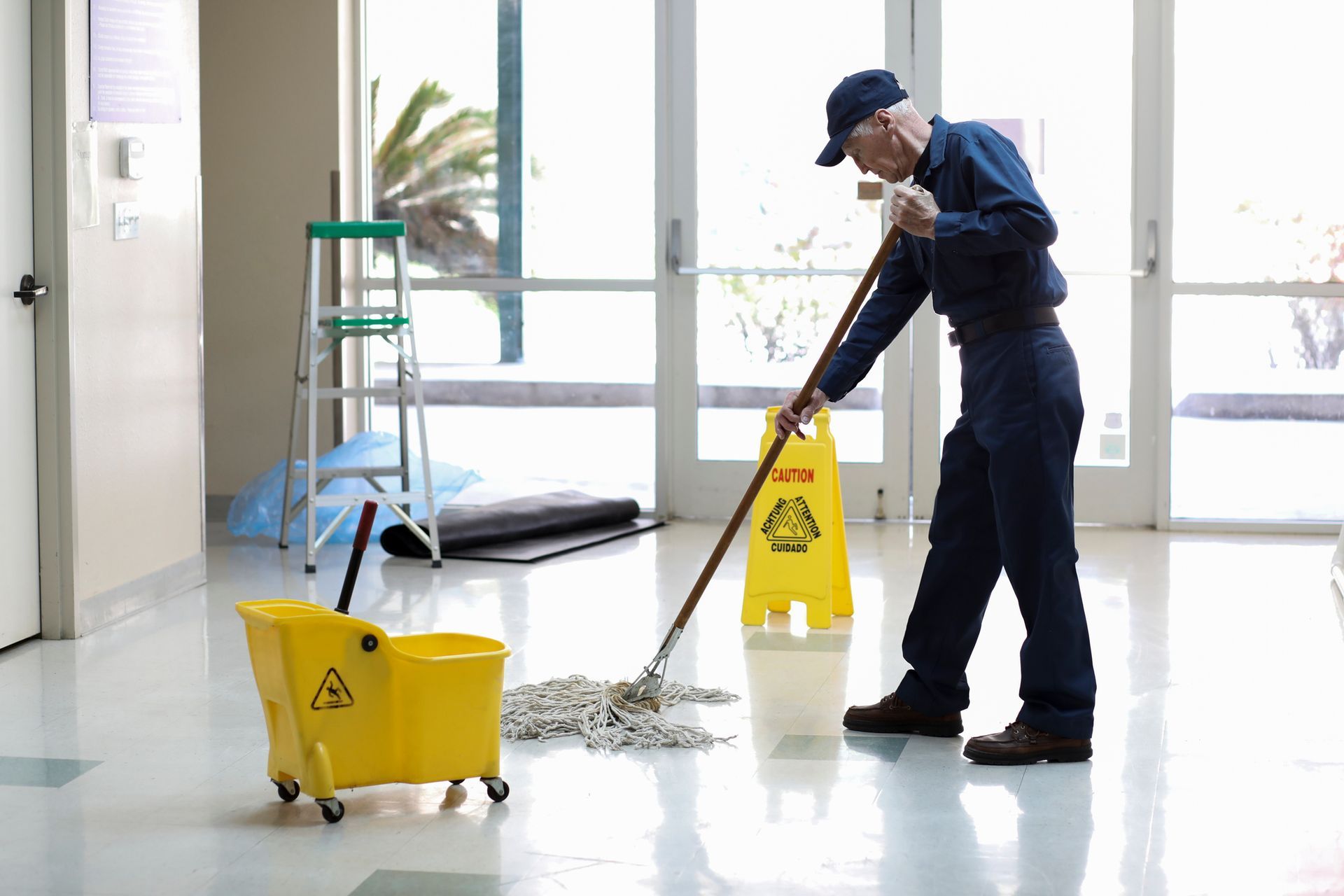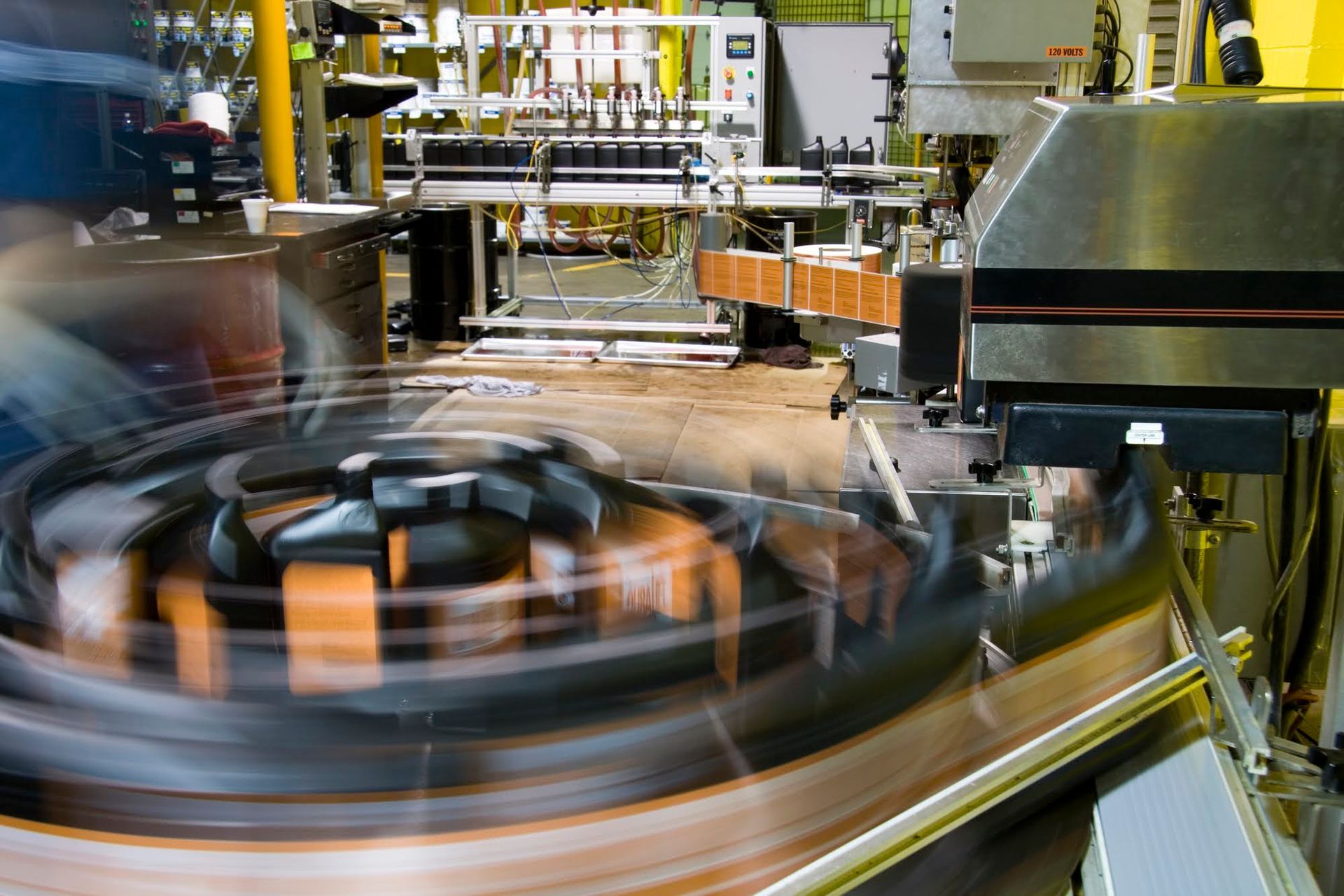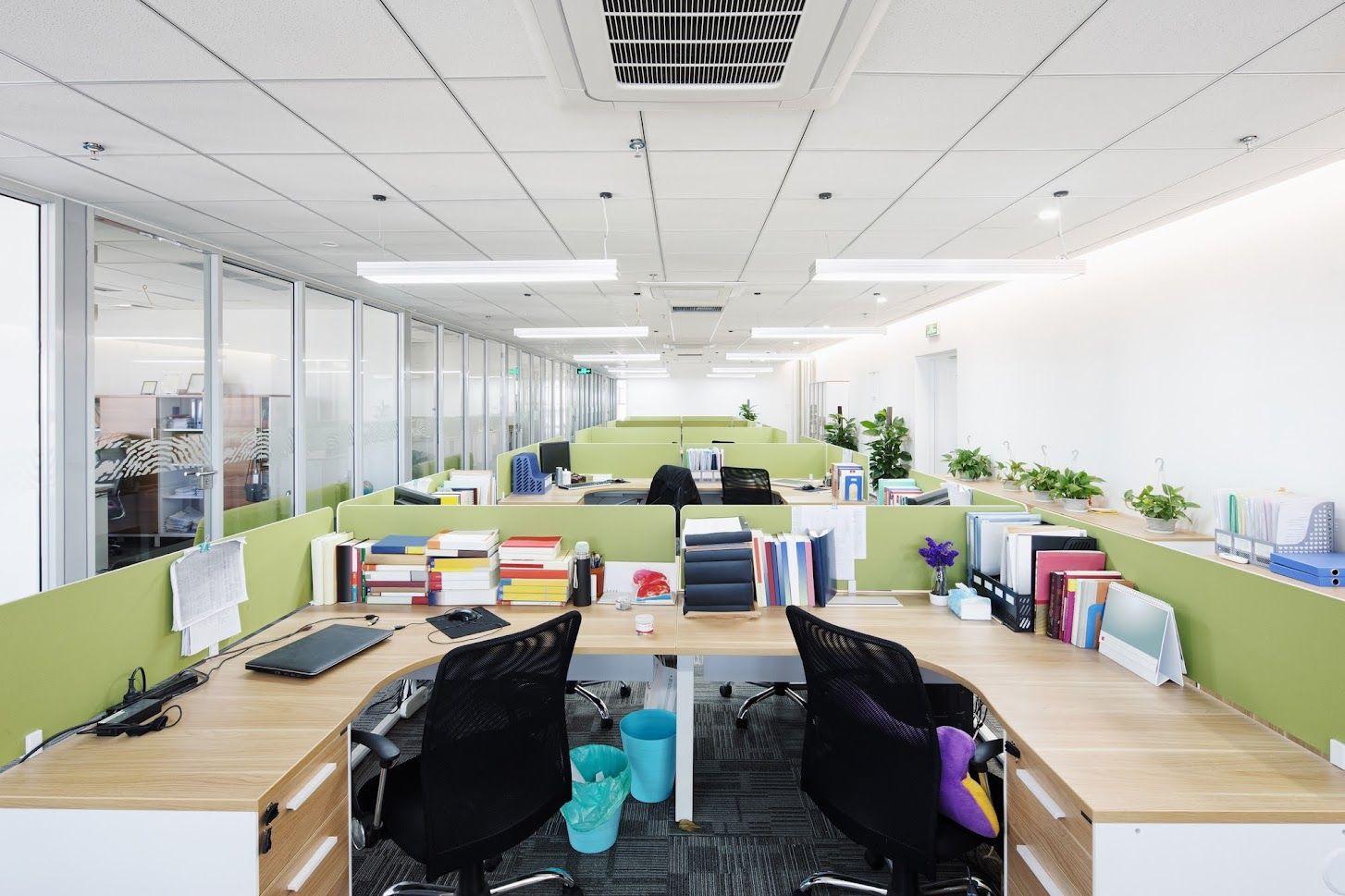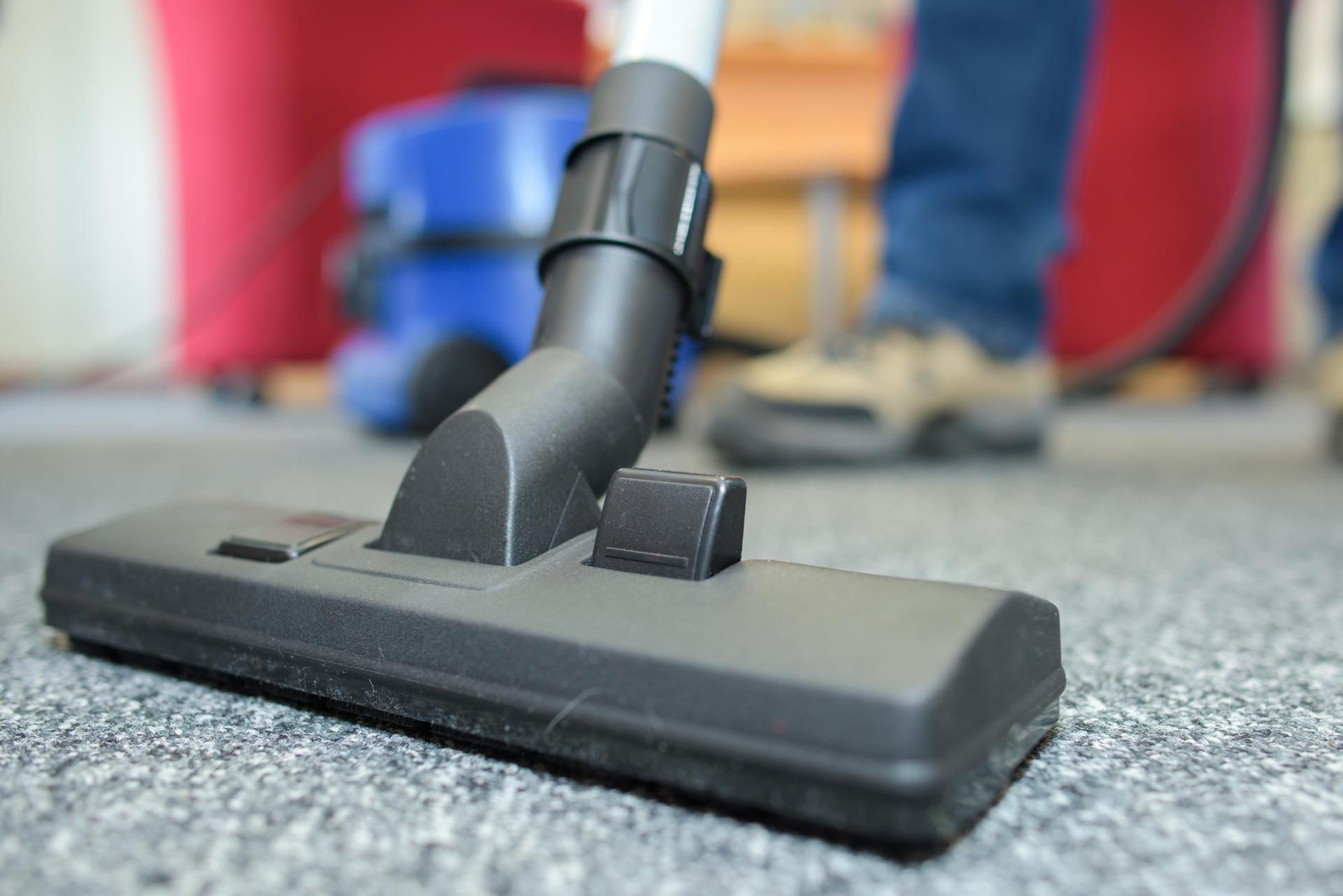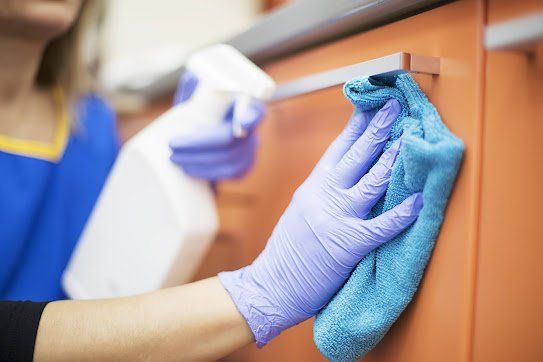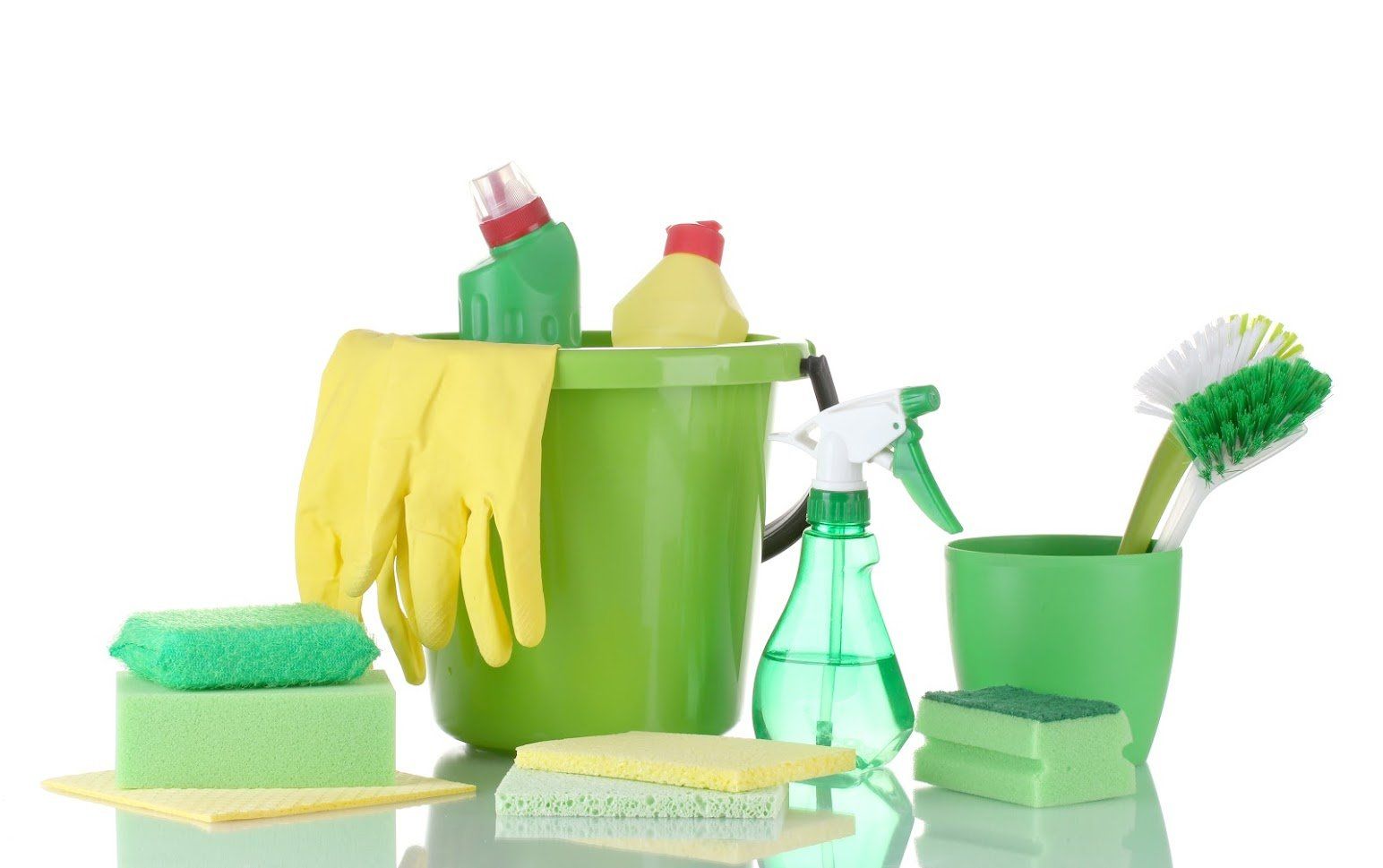3 Ways to Protect Your Workplace From Indoor Allergens

A safe and healthy work environment is critical to your daily business operations. Without proper office sanitation, your staff could develop stubborn allergies that affect their morale and overall productivity. And while some allergens only affect some people, other contaminants can become a problem for everyone in the office.
Unfortunately, you may not always know where these allergens are. But you can employ certain strategies to limit their spread and keep your workplace healthy and allergyfree.
Discover three ways that can help limit the allergen concentration in your office environment.
1. Encourage Employees to Maintain a Cleaner Workspace
Oftentimes, a healthy workplace is a collective responsibility between you and your staff. If every worker cleans up after themselves or ensures their workspace remains clean while they work, dust and other common allergy triggers may become less problematic.
Usually, cluttered work desks can trap dust particles that could affect allergy-prone employees. In addition, cluttered workspaces are generally more difficult to keep clean, especially if your employees are busier than usual. As a result, the entire office will appear disorganized.
You can enforce policies that require employees to wipe down surfaces around their workspace before they begin their shift. Don't allow them to bring pets into the workplace since pet dander can trigger allergies for others. Dander can also collect on surfaces in the office and become a lot more difficult to eliminate.
2. Reduce Office Humidity
Most office heating systems often stay on longer during the winter season. The heated indoor air normally results in high humidity levels inside the workplace. As a result, the air moisture content can increase significantly.
Some allergens like mold and mildew thrive under high moisture conditions. Dust mites and other pathogens also prefer warm and moist conditions. Unfortunately, these irritants are tiny and can fit through openings in your office ventilation systems. Eventually, they could multiply and form massive colonies inside your office space.
These allergens compromise the indoor air quality, which can trigger allergic reactions amongst your staff. For example, employees may develop symptoms like sneezing or itchy skin if they unknowingly inhale toxic mold spores. Dust mites can also cause allergies that present with signs such as a running nose or breathing difficulties.
Use a dehumidifier to help regulate humidity levels in your office space. Place it in strategic areas like kitchens and poorly vented rooms that could make the perfect breeding grounds for mold and dust mites. But before you invest in a dehumidifier, schedule a deep clean with a reliable cleaning service to protect against future outbreaks.
3. Schedule an Office Deep Clean
Basic in-house cleaning tactics like sweeping often makes most allergens turn airborne. The upholstered furniture and carpeting in your workplace can trap these airborne contaminants and trigger employee allergies.
And while you may vacuum your floors regularly, you might miss out on some allergen-infested areas in the office. Worse still, the wrong vacuum cleaner can quickly spread allergens to unaffected places in your office space. You might not even have enough time to clean the air ducts and vents in your office with limited staff.
Thankfully, a reputable cleaning service can take a load off your hands. Trained cleaners clean all the shelves, door frames, and hard-to-access areas in your workplace. They also use friendly cleaning products that won't trigger allergic reactions to any of your staff.
If you can ensure a safer workspace for your workers, they won't have to request too many sick days that could leave you short-handed. Reach out to us at Janitorial Services Atlanta and set up regular cleaning sessions for your office, in line with your preferred schedule.
